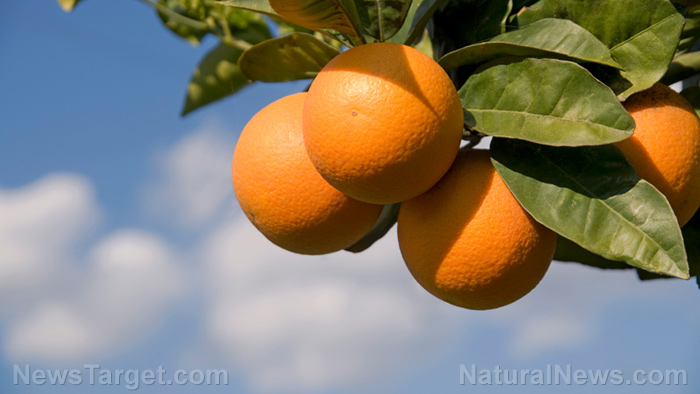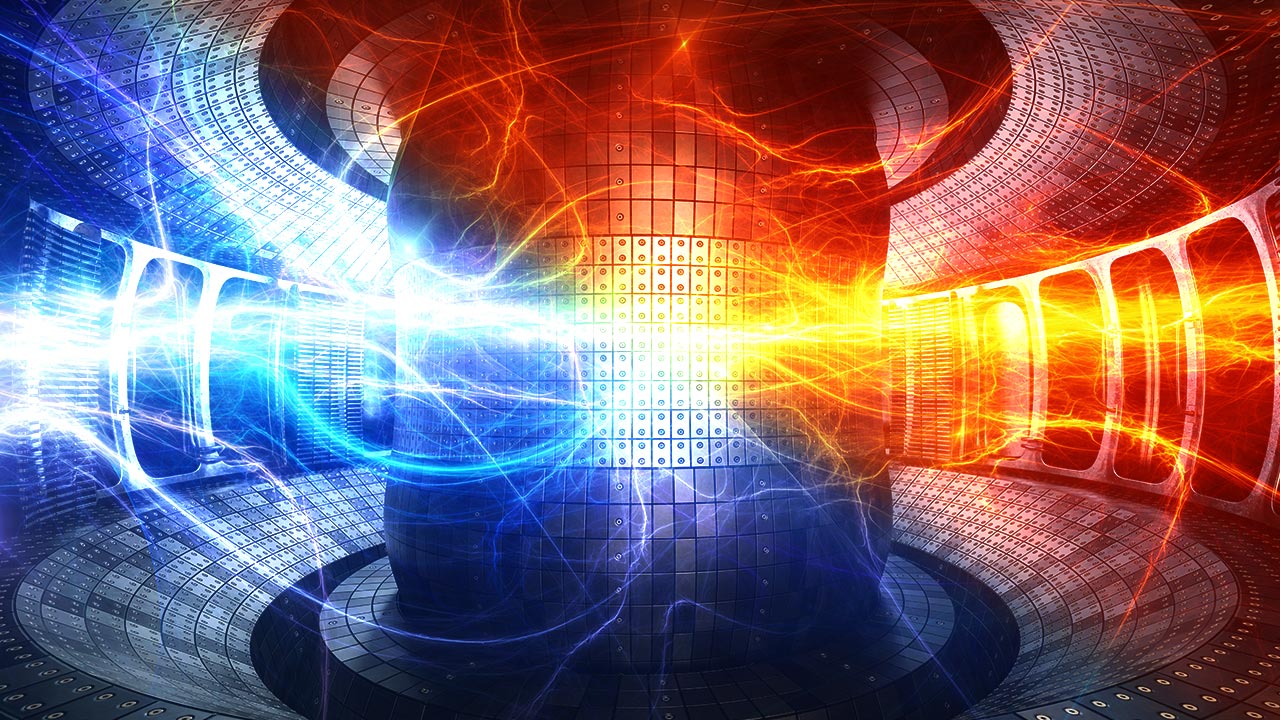 Parler
Parler Gab
Gab
Ginkgo biloba may be valuable for addressing the vaccine injury crisis
The SARS-CoV-2 spike protein has been linked to the formation of micro clots and subsequent fibrosis, especially in vaccinated individuals whose immune systems cannot clear the spike protein. Cardiovascular patients who suffer from “long covid” often deal with blood clots and inflammation of the endothelial cells. Ginkgo can improve these conditions by dealing with inflammation of the inner lining of the blood vessels and by activating plasminogen. Beyond its direct impact on clotting mechanisms, Ginkgo biloba has shown promise in alleviating the neurological symptoms associated with vaccine injuries and long COVID. Its neuroprotective properties, including anti-inflammatory and anti-apoptotic effects, suggest broader therapeutic potential in managing the multi-systemic impacts of the disease. Moreover, research indicates that Ginkgo biloba may interfere with viral replication and inhibit inflammatory pathways associated with severe COVID-19 outcomes. In an enzymatic inhibition assay, researchers found that ginkgolide A can act as an irreversible inhibitor against SARS-CoV-2 papain-like protease. This dual-action approach — addressing both viral replication and vascular inflammation of the disease — positions Ginkgo biloba as a compelling candidate for integrative strategies for the management of vaccine injuries. Ginkgo also contains flavonoids like quercetin, kaempferol, and isorhamnetin, which protect the cells from further spike protein damage, oxidation, and inflammation. In one study, kaempferol improves the recovery of cardiac function, reduces intracellular oxidation status and Myocardial Ischemia and inhibits myocardial apoptosis. In another study, ginkgo biloba extract (GBE) influences the renin-angiotensin system and modulates inflammatory responses in cardiac cells via the TLR4/NF-κB pathway. Most importantly, ginkgo biloba is a plasminogen activator. This process activates the body’s ability to break down clots. Ginkgo enhances endothelial cell function by stimulating the secretion of thrombomodulin and tissue-type plasminogen activator (t-PA), which are pivotal in clot breakdown and regulation of the coagulation cascade. These mechanisms not only support its role as a natural antithrombotic agent but also highlight its potential in preventing and treating conditions exacerbated by clotting disorders, such as those induced by the vaccine. Due to these actions, ginkgo helps address other conditions, including:- Anxiety and Stress Relief: Ginkgo biloba has been shown to have a calming effect on the nervous system, making it a potential natural remedy for anxiety and stress relief.
- Glaucoma Treatment: Ginkgo biloba may help reduce the risk of glaucoma, a condition that can cause vision loss, by improving blood flow to the eyes.
- Neuroprotection: Ginkgo biloba may help protect the brain from damage caused by free radicals and oxidative stress, which can contribute to neurodegenerative diseases such as Parkinson’s and Huntington’s.
- Tinnitus Relief: Ginkgo biloba has been used to treat tinnitus, a condition characterized by ringing or other sounds in the ears.
- Dementia and Alzheimer’s Prevention: Ginkgo biloba may help prevent or slow the progression of dementia and Alzheimer’s disease by improving blood flow to the brain.
- High Altitude Sickness Prevention: Ginkgo biloba has been studied as a potential natural remedy for preventing high altitude sickness, although more research is needed to confirm its effectiveness.
- Leg Pain Relief: Ginkgo biloba may help relieve leg pain caused by clogged arteries or poor circulation.
- Vascular Dementia Treatment: Ginkgo biloba may help treat vascular dementia; a condition caused by reduced blood flow to the brain, a medical problem affecting the current U.S. President and members of Congress.
Ivermectin found to work against Parkinson’s, depression, chronic pain and more
By Ethan Huff // Share
Essential oils for prepping: Must-haves for your survival kit
By HRS Editors // Share
Study: Compound in orange peels can protect against atherosclerosis
By Evangelyn Rodriguez // Share
How pine bark extract could save air travelers lives
By News Editors // Share
China is beating the U.S. in the race for fusion energy
By Richard Brown // Share
Governments continue to obscure COVID-19 vaccine data amid rising concerns over excess deaths
By patricklewis // Share
Tech giant Microsoft backs EXTINCTION with its support of carbon capture programs
By ramontomeydw // Share
Germany to resume arms exports to Israel despite repeated ceasefire violations
By isabelle // Share










